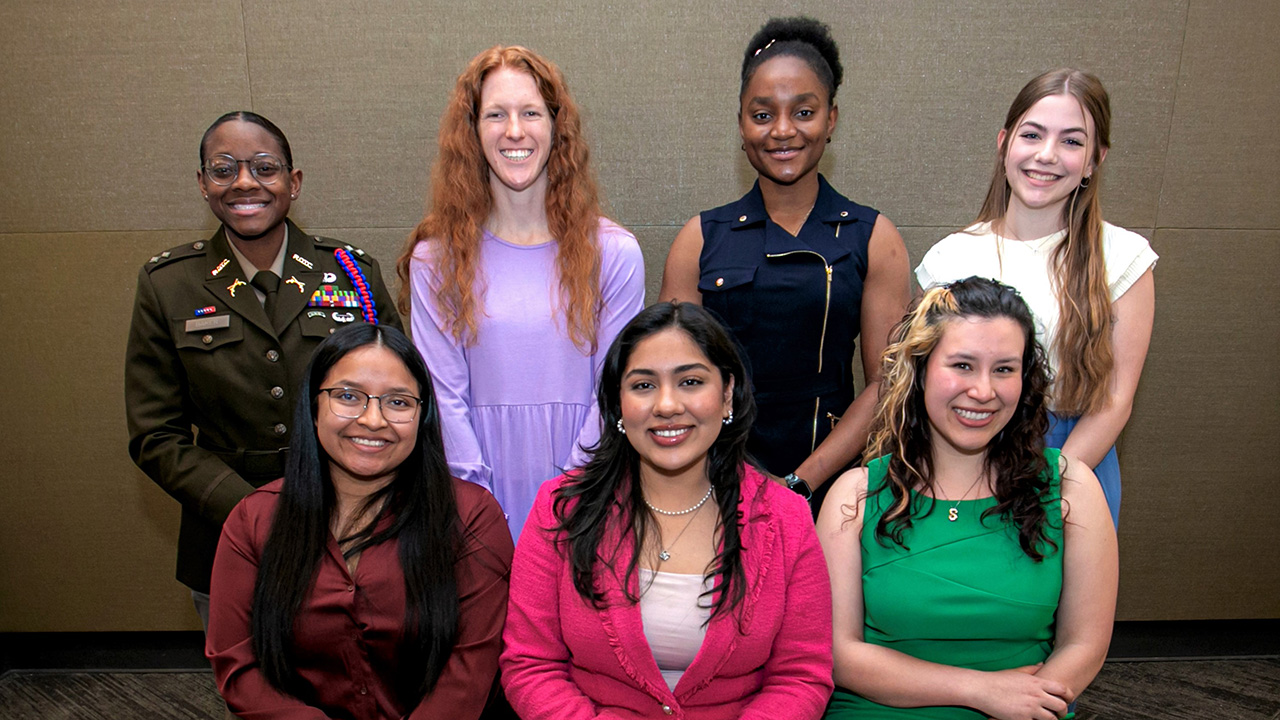Students finish in top 10 nationally in cybersecurity contest

Article By: Staff
University of North Georgia (UNG) students once again have demonstrated their prowess in the cybersecurity field.
UNG ranked in the top 10 nationally and No. 1 in Georgia in the Cyber Talent FastTrack competition. Nearly 60 UNG students participated in the contest; 32 reached the quarterfinals. More than 13,000 students played nationwide and 2,400 reached the quarterfinal round. UNG finished in 10th place overall.
"We're grateful for the opportunity to train and compete in the SANS Cyber FastTrack platform," said Dr. Bryson Payne, professor of computer science in UNG's Mike Cottrell College of Business and director of Center for Cyber Operations Education. "It's a world-class training opportunity for our students, and they showed that UNG has both the quantity and quality of future cyber professionals to compete with the very best schools in the country. I'm proud we finished No. 1 in the state and No. 10 in the country, and the students collectively put in hundreds of hours outside the classroom to make this win possible."
Schools rounding out the top 10 were: Western Governors University (1), Southern Arkansas University (2), George Mason University (3), Central Connecticut State University (3), Fairleigh Dickinson University (3), Michigan State University (6), University of New Haven (7), University of North Carolina at Charlotte (7), and Austin Peay State University (9).
UNG is designated as a National Center of Academic Excellence in Cyber Defense Education by the National Security Agency and U.S. Department of Homeland Security.
The SANS Institute and 25 state governors launched Cyber Talent FastTrack in spring 2019 as the first step in a national initiative to close the U.S. cybersecurity skills gap. Established in 1989, SANS is a cooperative research and education organization with programs that reach more than 165,000 security professionals around the world.
Cyber Talent FastTrack is a free online cybersecurity program that helps college students and graduates discover their aptitude to excel in the field. Through online challenges, quizzes, exams, and tutorials, they learn disciplines such as forensics, intrusion detection, security operations, system and network penetration testing, and application penetration testing.



